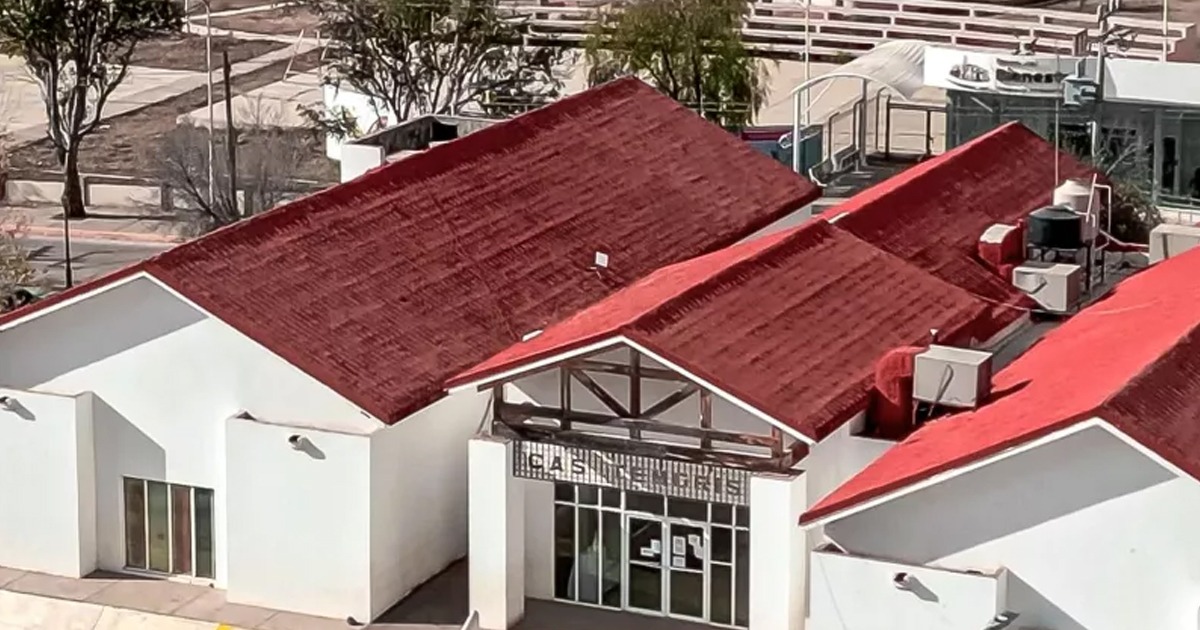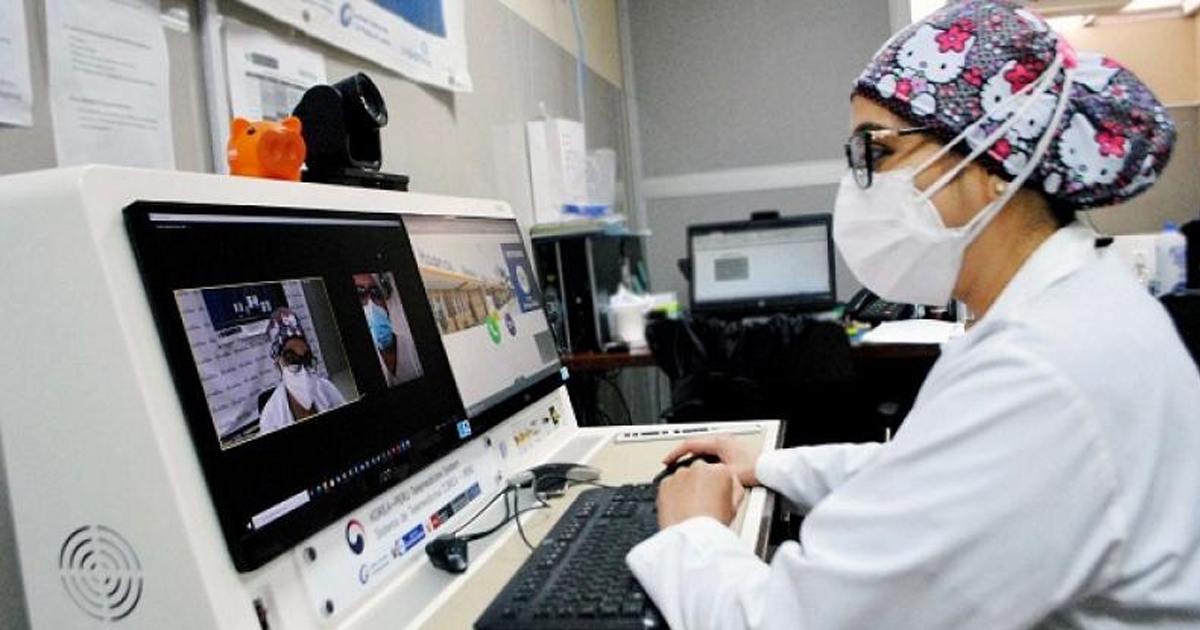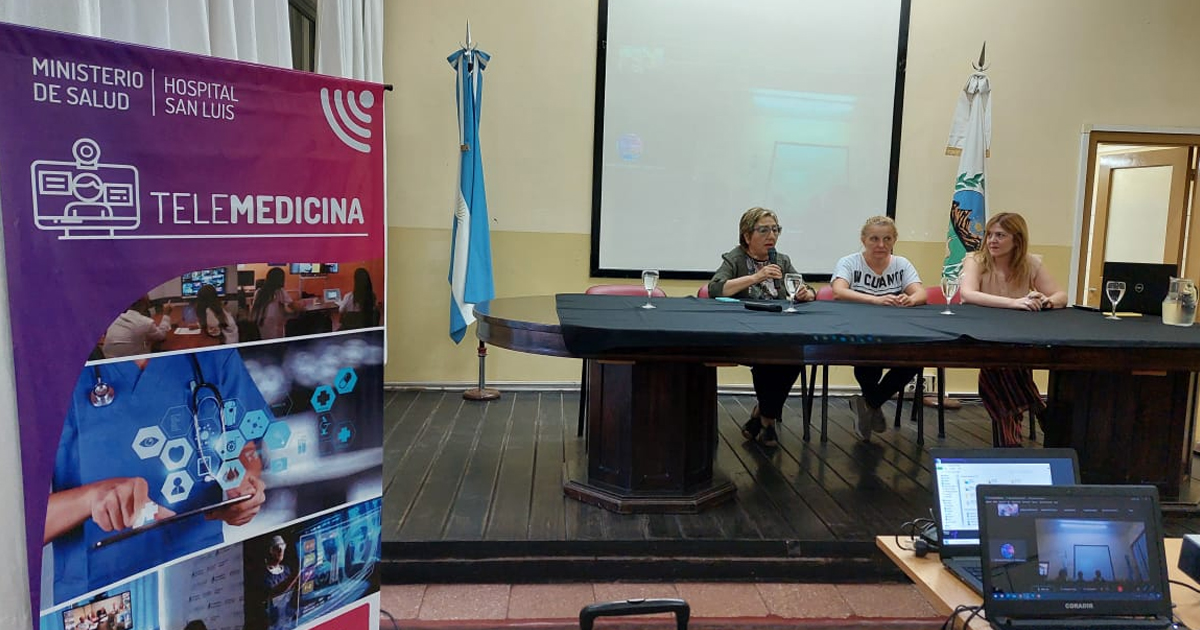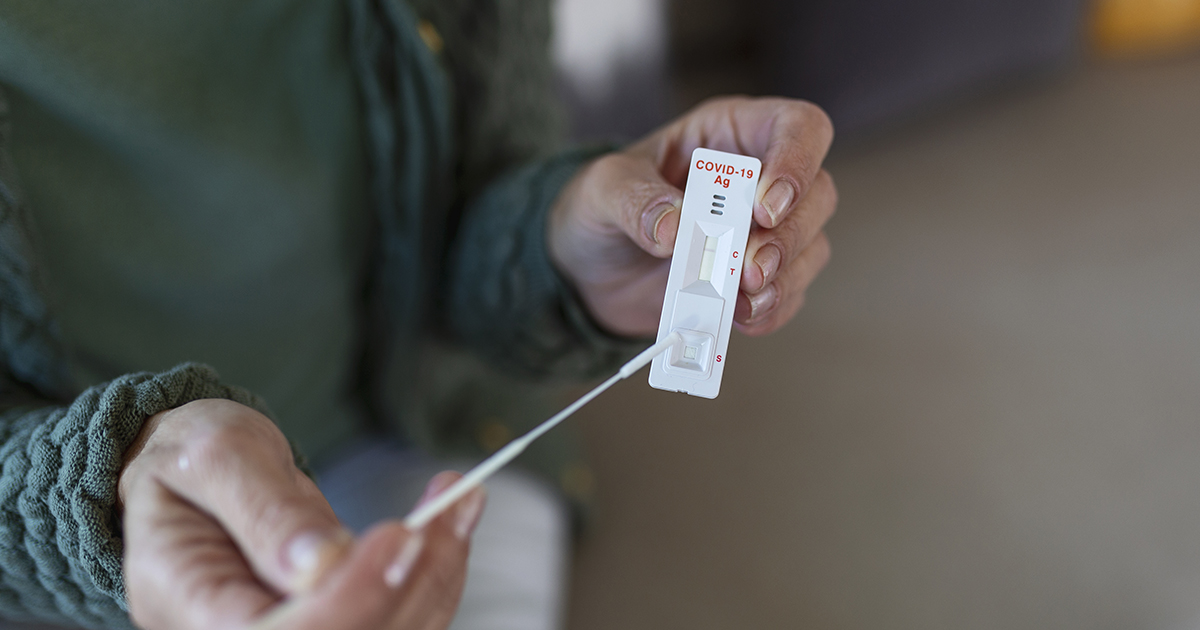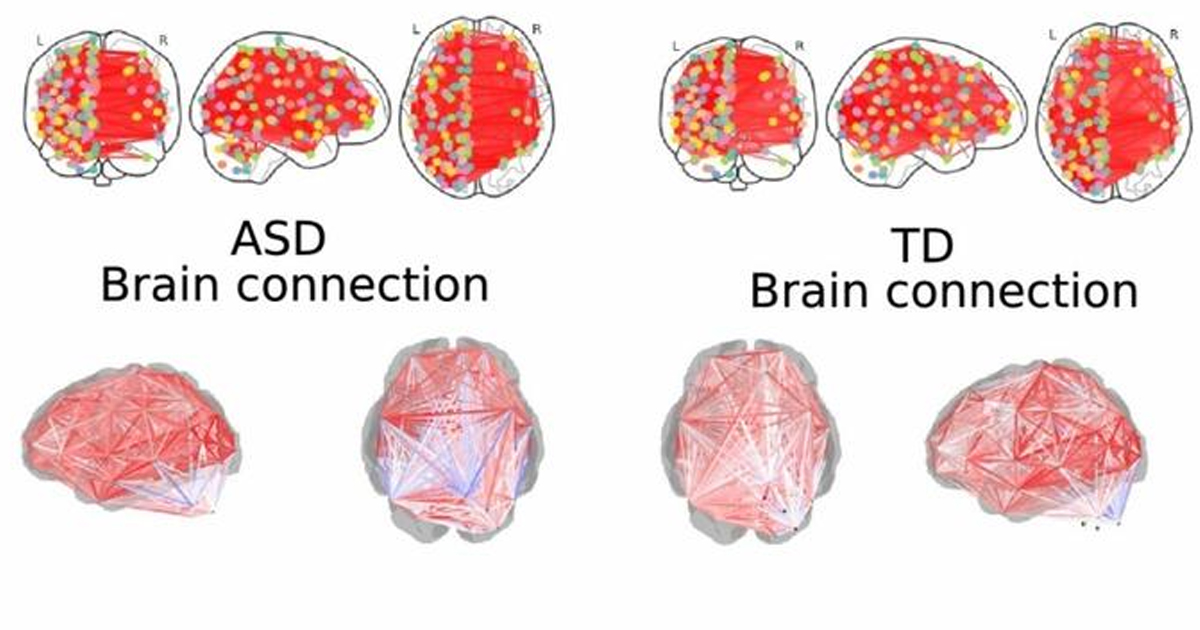Latin American and Caribbean Literature in Health Sciences (LILACS), is a database that serves as a source of information for the Virtual Health Library (VHL) of the Pan American Health Organization (PAHO).
LILACS, one of the most important health databases in the American continent, recently reached the mark of one million bibliographic records. Reaching this mark in the LILACS database has been possible thanks to the collaborative work and effort of thousands of researchers and medical professionals for more than 35 years in 21 countries in the Latin American and Caribbean region.
LILACS is managed through automated technological processes and local leaders who are in charge of managing it in their countries. The research and documents that can be found in this database have been carried out by more than 800 health institutions, universities, research centers, editorial teams, and more than 800 scientific journals.
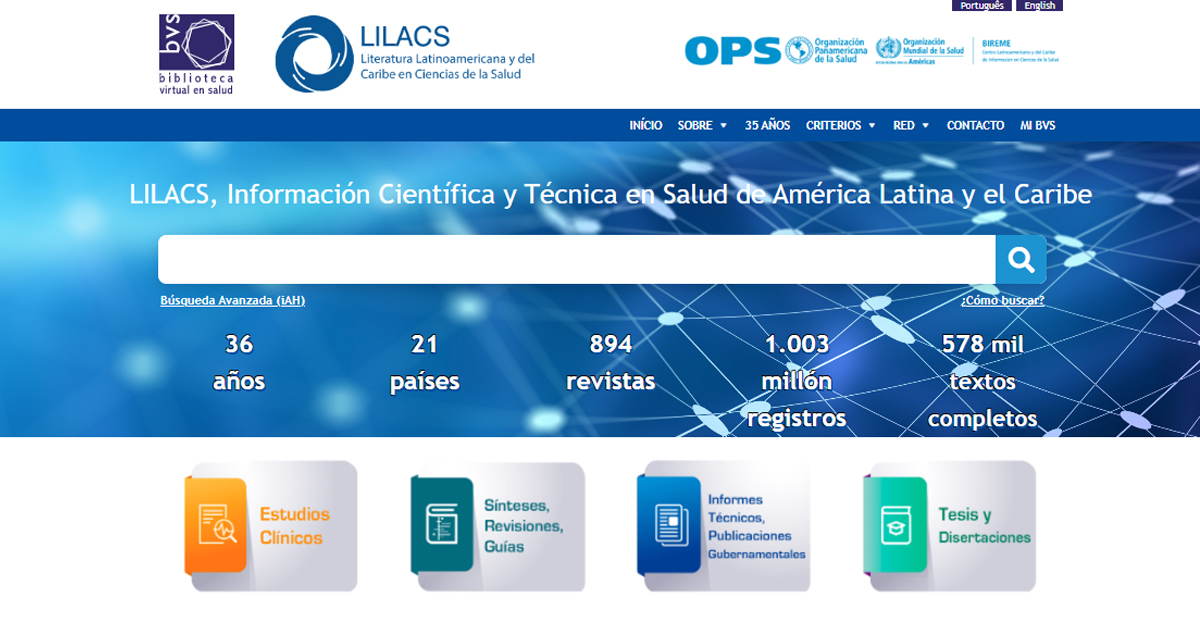
The database, in addition to highlighting the importance of medical and scientific research, also shows its reflection on public policies in the region. In total, LILACS has more than 833,000 journal articles, 100,000 books, 54,000 theses, and 13,000 government documents.
Currently, such a large database can be used as the main reference source for systematic reviews, clinical practice guidelines, clinical trials, among other types of studies that require large amounts of technical and scientific information. In addition, LILACS promotes scientific production in the region as it offers visibility to documents that are not indexed in international databases.
Likewise, the interculturality of the region is reflected in the scientific production that LILACS has, since there are more than 410 thousand documents in both Portuguese and Spanish and 190 thousand in English, among other languages such as French, Italian and German. And it is worth mentioning that the LILAC methodology generates more than 90 databases for various VHLs throughout the region.
“The registration of one million documents in LILACS is relevant and important for the access and visibility of research in the region, used by students, researchers, health professionals and professionals involved in public health management at the municipal, state , national and regional, and turns them into protagonists, agents of local transformation that impact the health and well-being of the population”, explains PAHO.

